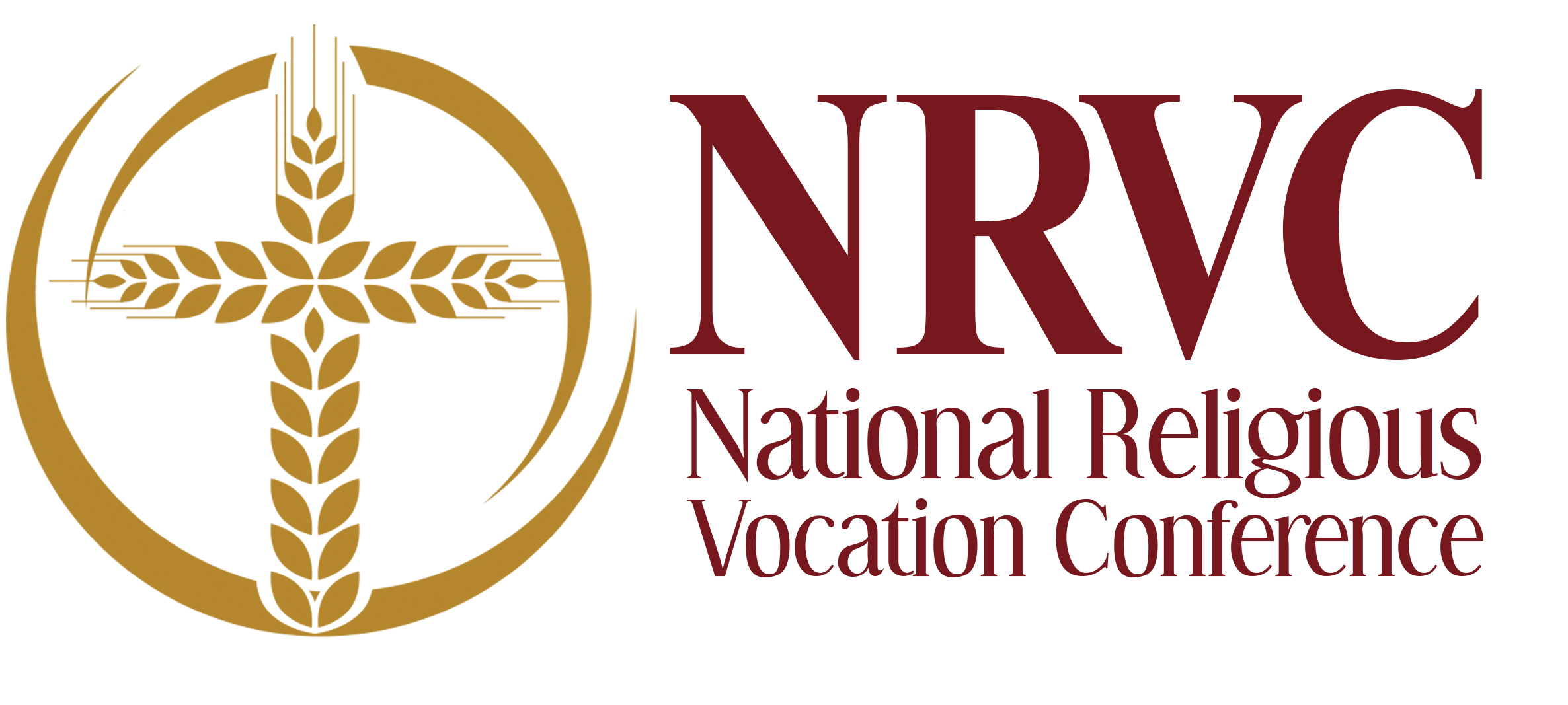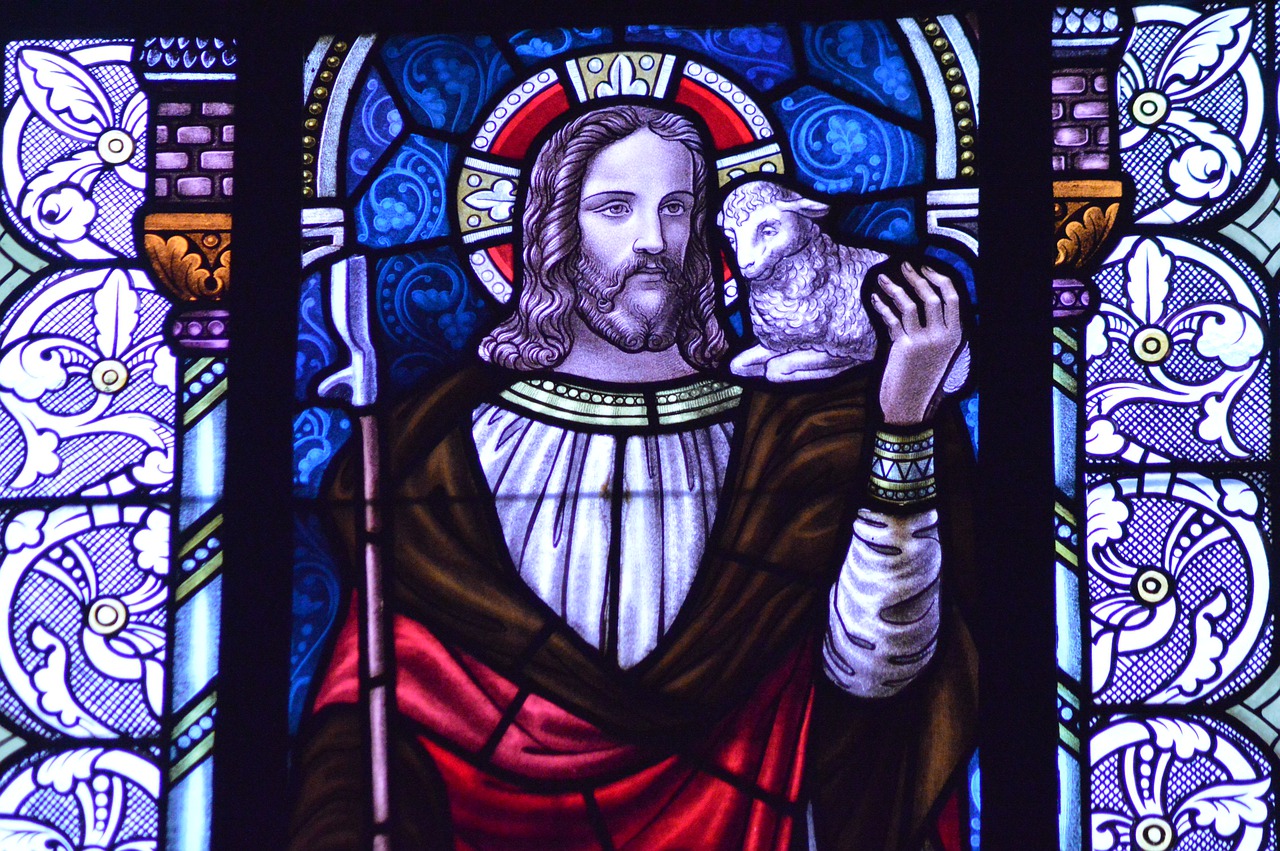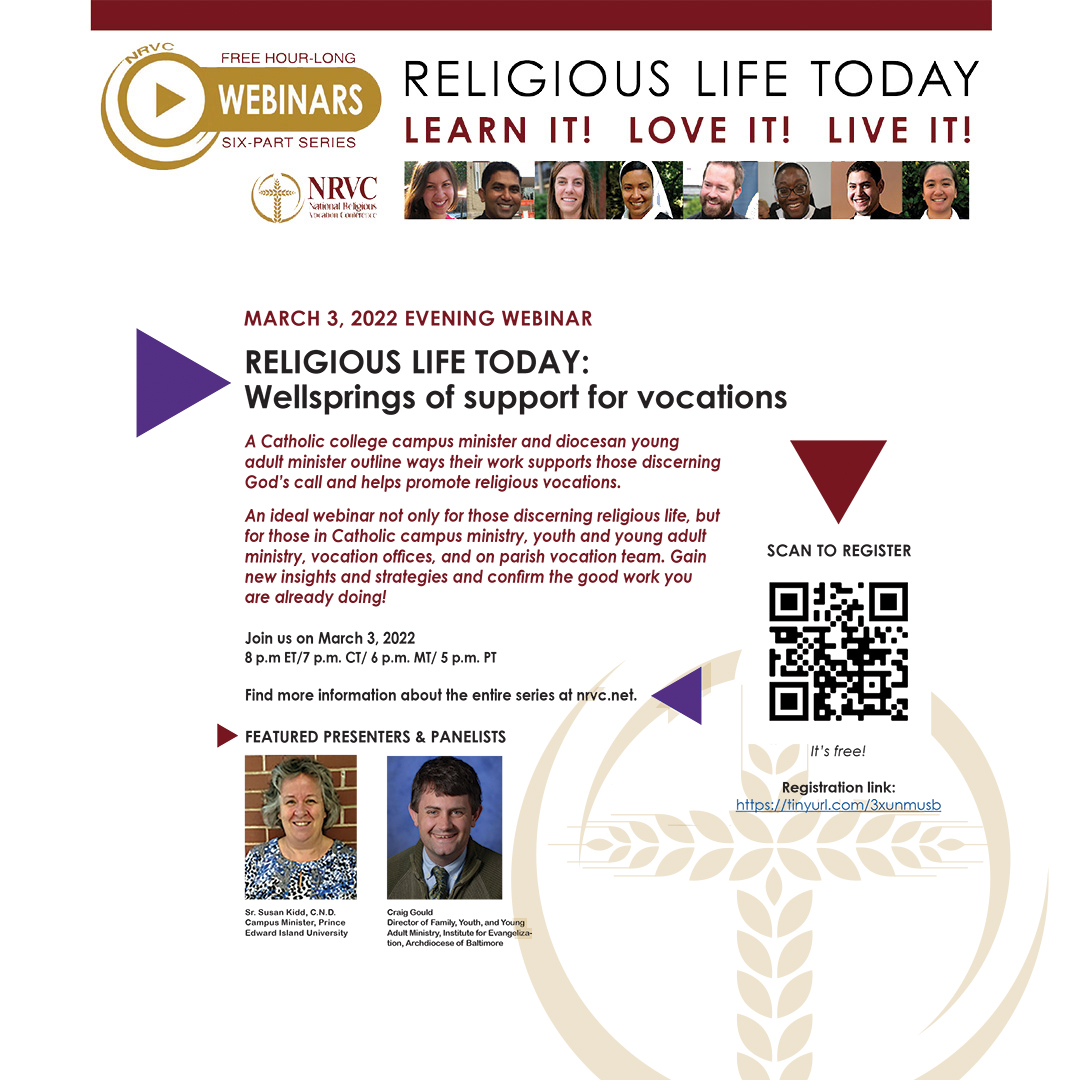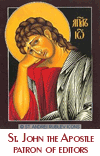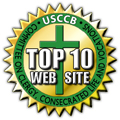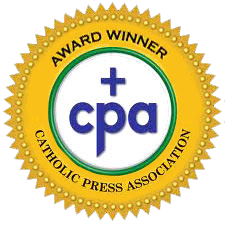|
HOW TO DEFINE THE INDEFINABLE
Most of the time, we use “God” as the first name for the Alpha Being. But God isn’t a name so much as a job description. Defining what we mean by God, then, goes a long way toward understanding what we imagine the divine work to be. Not to mention how it involves us.
Theologian Elizabeth Johnson considers God in classical philosophical terms as the highest Good, deepest Truth, and most profound Beauty. In her view, God is less a scientific term and more a poetic one, drawing us to profound contemplation. You may prefer Martin Luther’s perspective: that God is the one on whom we lean our hearts—describing a relationship of ultimate dependence. However, Jewish theologian Abraham Heschel insisted that “God” is a dangerous word. We play with fire in speaking of the divine. Certainly in an era of religious fundamentalism, God has become the point of a sword drawn at those who oppose our ideological perspective.
Saint Augustine, no intellectual slouch, cautiously noted that in making our divine calibrations, “If you understand, it is not God.” We might be tempted to throw up our hands and abandon theology altogether if Augustine’s right, and understanding is impossible. What he’s suggesting, rather, is that humility is the only spirit in which to approach the divine mystery. We have to take off our shoes, lean with our hearts, and acknowledge the dangerous terrain theology covers. And then, yes: prepare for the profound encounter with Good, Truth, and Beauty.
—Alice Camille
|
